Iranian President Hassan Rouhani, as the head of a delegation, travelled to Baku earlier this week upon an official invitation from his Azerbaijani counterpart, Ilham Aliyev. The trip drew regional and international attention to the expansion of Tehran-Baku ties, and outlined the roadmap for their future bilateral interactions.
Despite the two countries’ religious, historical, and cultural affinities, bilateral ties between Iran and Azerbaijan have witnessed numerous ups and downs since the latter’s independence. Over the past two years, the two countries have sought to reestablish trust after the Eurovision 2012 misunderstandings made their ties tense. But then the trust-building policy turned a tense period of bilateral ties into a much calmer one. After two years, Iran’s relations with Azerbaijan improved swiftly following efforts to build trust and the Iranian administration’s policy of boosting ties with neighboring states. Indeed, the Rouhani administration’s proper policy of enhancing friendly relations with Iran’s neighbors resulted in positive outcomes, and its ‘win-win’ diplomacy for expanding ties with neighbors, particularly with the Republic of Azerbaijan, was effective.
Multiple exchanges of visits by the two countries’ high-ranking officials, particularly President Aliyev’s visit to Iran in early April, the meeting of the two neighbors’ 9th Joint Economic Commission in August, and the growth of Tehran-Baku ties were the main reasons for the triumph of the ‘win-win’ diplomacy, which led to the stabilization of their relations. Rouhani’s visit to Baku last week also clearly showed the two countries’ firm determination to boost their cooperation. Indeed, the fact that the two presidents met four times over a period of nine months was a milestone in the history of the two countries’ ties.
Rouhani’s Baku visit also showed that Iran and Azerbaijan are two friends and neighbors whose relations are extremely significant, particularly in regard to economic, cultural, political, and humanitarian issues. There is also great potential in the areas of energy, oil, natural gas, trade, the environment, and tourism that need to be adequately addressed.
The two countries’ security is undoubtedly intertwined. In addition, the international and regional cooperation of the two nations, particularly their common stances on security issues, such as the campaigns against terrorism, extremism, and illicit drug trafficking, will lead to the enhancement of regional peace and security.
During the Baku visit, the two countries weighed the significance of the North-South Corridor and vowed to speed up the construction of a railway from Qazvin to Rasht and then to Astara. Azerbaijan and Russia should also work to accelerate the construction of the railway, through which Russia would be connected to the Persian Gulf via Azerbaijan. The completion of the railway will be a positive development and will serve the interests of Iran, Azerbaijan, and their neighbors.
At present, the level of the two countries’ trade ties has not reached its potential, but during Rouhani’s visit to Baku, the two presidents vowed to work together to eliminate customs, visa, and tariff barriers and to make optimal use of the potential to boost bilateral economic transactions.
About one million Azerbaijani citizens travel to Iran annually, and the number is growing. In Baku, the two presidents discussed optimizing the potential of health tourism, religious tourism, and sight-seeing tourism, providing the necessary facilities, organizing virtual communication, setting up a Mashhad-Baku direct flight, and investing in hotel construction, with the goal of revolutionizing the tourism industry.
During Rouhani’s visit to Baku, five memorandums of understandings were signed and a joint declaration was issued. The issuance of the joint declaration, which shows the two states completely understand bilateral, regional, and international issues, was a significant and rare triumph that illustrated the proximity of the nations’ views.
The Iranian president’s trip to Baku proved that that the bonds that unite Iran and Azerbaijan outnumber the issues that divide them. In light of recent regional developments, it seems that it will be impossible to separate the two countries, and it appears that the positive trend of their bilateral ties is irreversible, with only one way to go: to move forward.
TT/LR
MNA
END

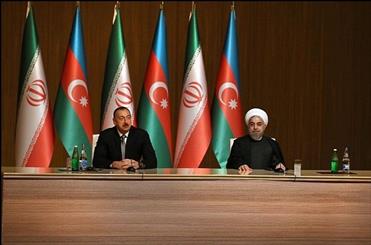

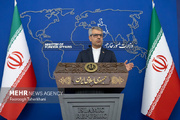
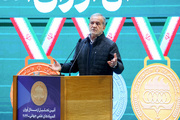
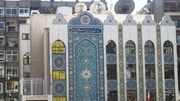









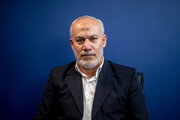

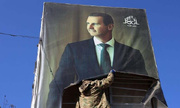
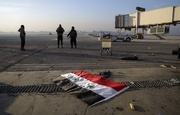

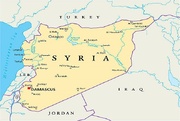
Your Comment